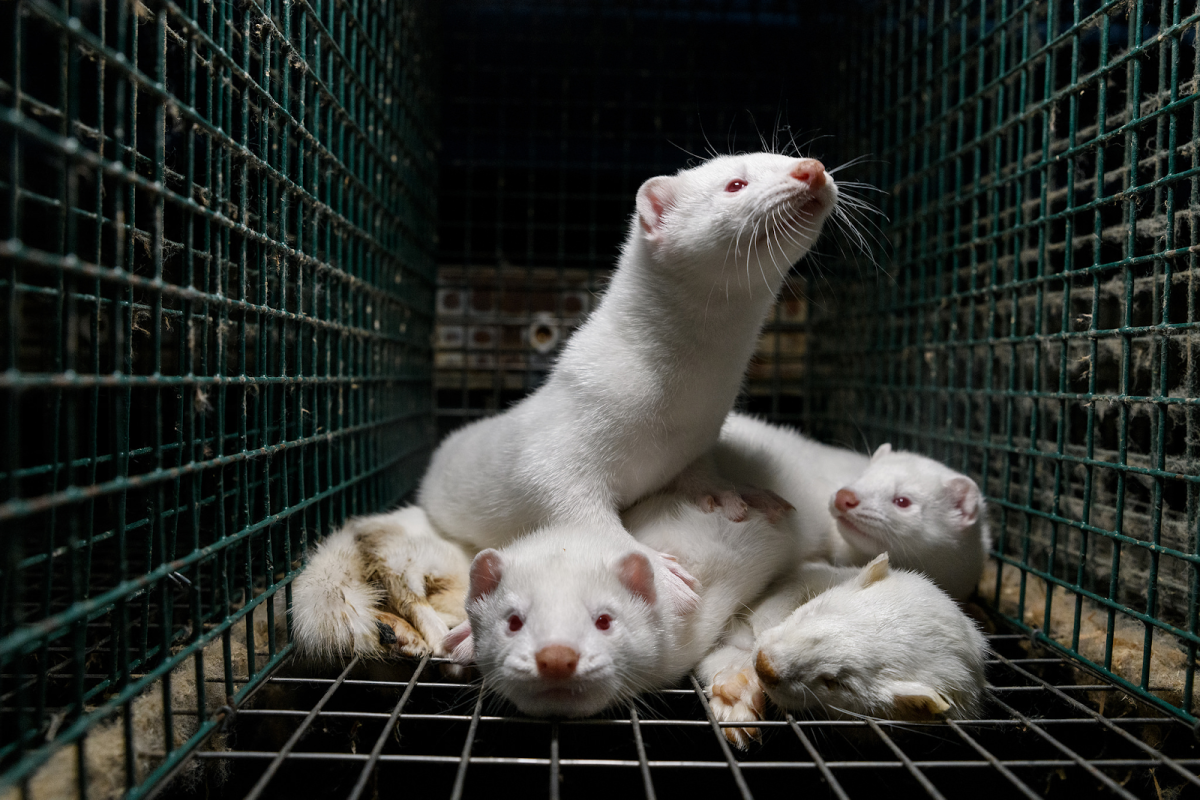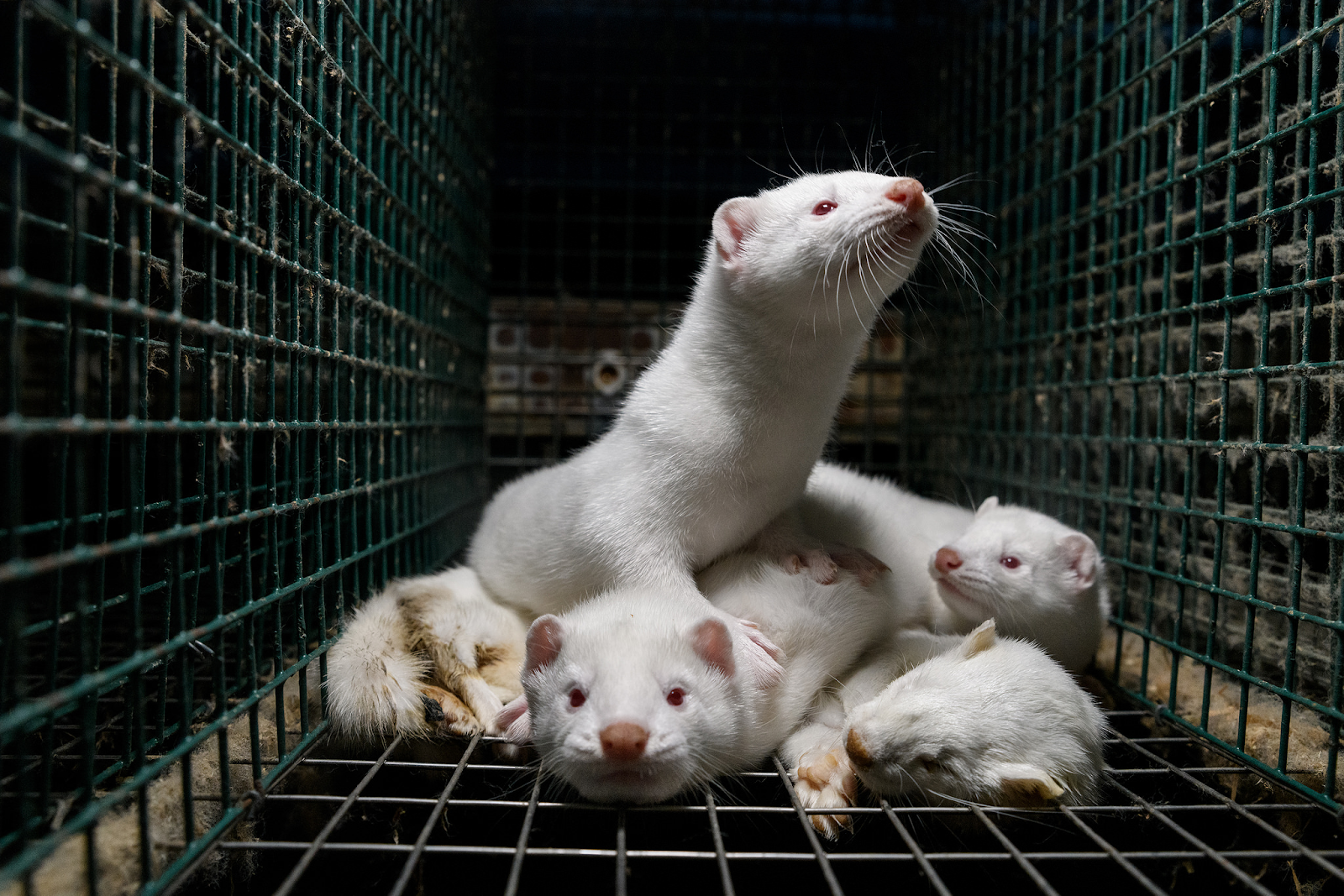On Monday, October 12, Governor Gavin Newsom signed a historic bill into law. AB-44, which animal welfare advocates had been pushing for months, made California the first state to ban the sale of animal fur products. Beginning in 2023, retailers caught selling new clothing or accessories made from fur will be fined $500 for a first offense and $1,000 for repeat offenses. Thrifted fur will be exempt from the ban, as will fur items used by indigenous people for traditional cultural practices. The groundbreaking news has animal advocates across the state celebrating what they consider to be “the beginning of the end” for the fur industry.
“California has the largest economy in the nation and is the fifth-largest economy in the world,” says Julie Massa, Wild Animal Project manager at the nonprofit organization In Defense of Animals, “The fur ban will influence businesses on both a national and international scale and will encourage other states and countries to follow suit. We hope it will inspire the world to make fur history once and for all.” Massa and many other animal advocates believe fur farms, where the vast majority of fur is produced, to be exceptionally cruel. “Animals on fur farms are confined to small, filthy cages where they live their entire lives,” Massa explains, “Wild animals are inherently adapted to roam in nature, so keeping them captive causes them severe distress, often to the point of insanity.”
While the average person may picture fur coats as coming from wild animals who meet their fate by a quick gunshot, the reality is that over 80% of animals used for fur are raised on fur farms. Massa and many other animal advocates believe these farms to be exceptionally cruel. “Animals on fur farms are confined to small, filthy cages where they live their entire lives,” Massa explains, “Wild animals are inherently adapted to roam in nature, so keeping them captive causes them severe distress, often to the point of insanity.” Mink is the most widely farmed animals, followed by foxes. Both of these animals have specific biological needs which animal advocates argue cannot be met in small wire cages. Mink are semi-aquatic animals that thrive when allowed access to water; foxes are roaming animals that require a great deal of enrichment and stimulation. It was these pressing animal welfare issues that drove the passage of AB-44.
Evangelina Austin, a Sonoma State University student, had strong words to offer when asked about her thoughts on the law. “I never supported the fur industry in the first place,” she states, “As a vegetarian and owner of animals it disgusts me to picture animals being stripped of their fur so we can feel content when wearing it.”
Evangelina’s attitude towards fur does not come as a surprise when considering the rapid decline and widespread criticism of the industry in recent years. Gucci, Versace, Prada, Michael Kors, Burberry and Gorigio Armani are just a few major fashion companies which have pledged to stop selling fur in the last few years, and the fashion epicenters of both Los Angeles and San Francisco had already banned new fur sales prior to the passage of AB-44. New York City is currently considering a bill that would do the same. While there was indeed a time in which floor-length mink coats were all the rage, it seems the product has now become somewhat taboo in the world of fashion.
Governor Gavin Newsom called the AB-44 “one of the strongest animal rights laws in US history” when he announced the signing of the law last Monday.





![[Both photos courtesy of sonoma.edu]
Ming-Ting Mike Lee stepped in as the new SSU president following Sakakis resignation in July 2022](https://sonomastatestar.com/wp-content/uploads/2024/04/CC4520AB-22A7-41B2-9F6F-2A2D5F76A28C-1200x1200.jpeg)



























